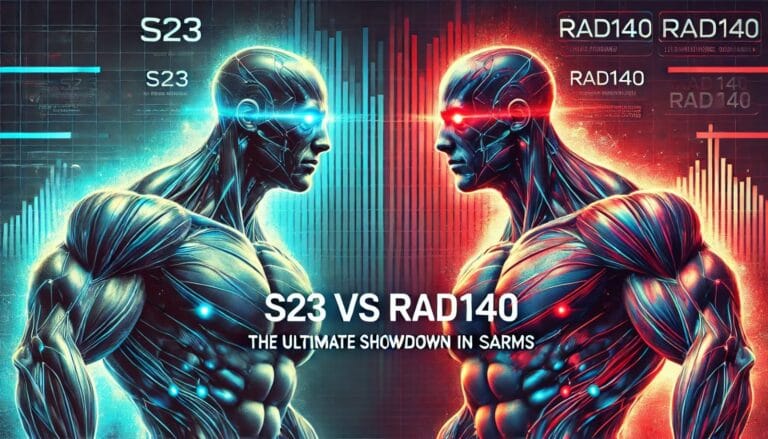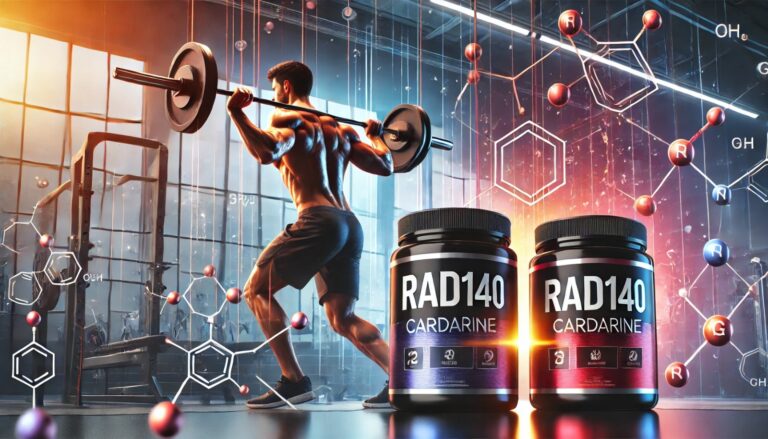Insights from the RAD140 Phase 1 Study
The study entitled “A First-in-Human Phase 1 Study of a Novel Selective Androgen Receptor Modulator RAD140” explores use, tolerability, and pharmacokinetic features of RAD140 Testolone. These are the first clinical trials in humans for RAD140, a selective androgen receptor modulator (SARM) that hopes to deliver muscle gain from testosterone, without the health implications that come with the hormone.
Methodology
Participants: The trial enrolled healthy male volunteers.
Dosage: RAD140 was administered at dosages which initially ranged from 50 mg to a maximum of 100 mg daily.
Duration: The phase of the study was over a fixed period with constant assessments of the participants’ health and reactions to the drug.
Key Findings
Safety Profile: RAD140 had a safety profile that was reasonable within the given parameters of the dosage. Most of the adverse events were reported to have been fairly mild, common effects being Dry mouth, Headaches and Nausea.
Tolerability: Most of the subjects did not complain of such intolerance that would have led to substantial withdrawals or dropouts from the study due to adverse effects.
Pharmacokinetics: Data generated from the pharmacokinetic analysis suggested that RAD 140 could be further administered in man due to its absorption and clearance kinetics profiles.
Recommended Dose: Because of the safety and pharmacokinetics, the study suggested a daily dose of 100 mg in future trials.
Conclusion
The Phase 1 investigation has demonstrated that RAD140 was well tolerated in healthy males and suggests that the molecule can be developed into a drug for androgen receptor modulation based therapies. This study provides a rationale and background for further studies to assess the use of RAD140 in the treatment of cachexia related or muscle wasting diseases and other diseases as well.
You may consult the full paper to access more information to the study here







